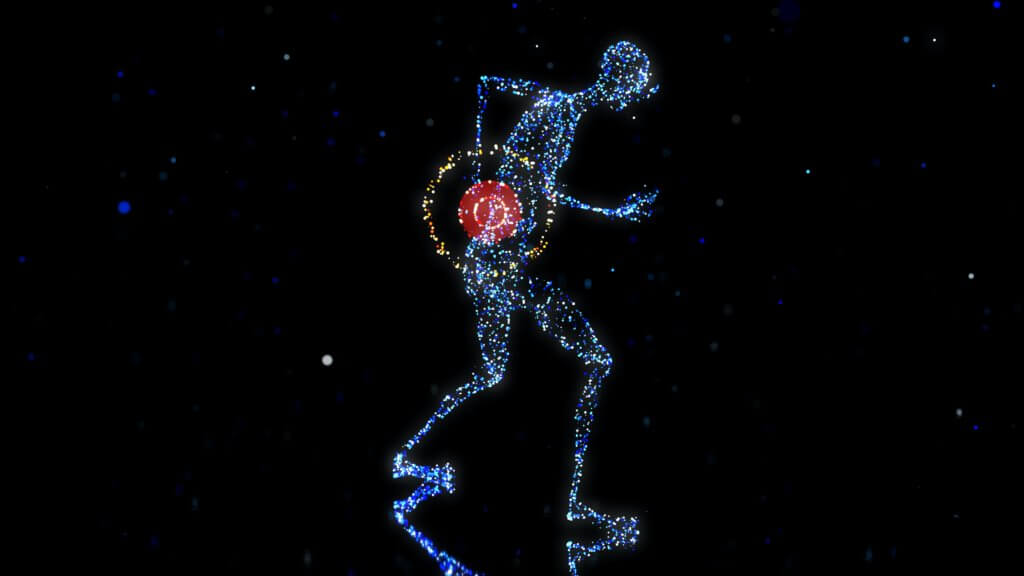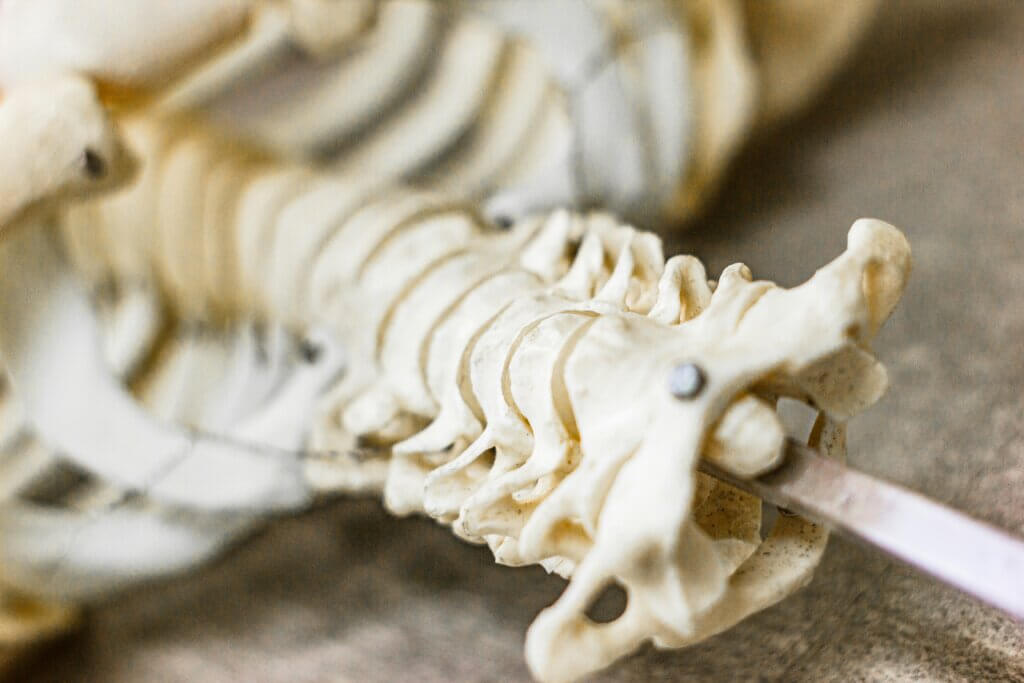An important new study indicates that for some sufferers of chronic back pain, retraining the brain’s perception of pain may yield greater relief than treating the back only as the site of the pain.
The recently published research in JAMA Network Open scrutinized the critical connection between the brain and perception of pain for treating chronic pain. Specifically, they looked at the importance of pain attributions, which are people’s beliefs about the underlying causes of their pain and how those beliefs could be changed to reduce the severity of chronic back pain.

Back pain is widespread in the adult population. Some studies have shown that up to 23 percent of the world’s adults suffer from chronic low back pain. Some estimates of how likely you are to get chronic back pain during your life are as high as 84 percent.
“Millions of people are experiencing chronic pain, and many haven’t found ways to help with the pain, making it clear that something is missing in the way we’re diagnosing and treating people,” said lead scientist Yoni Ashar, PhD, assistant professor of internal medicine at the University of Colorado Anschutz Medical Campus, in a statement.
The researchers tested the effects of pain reprocessing therapy (PRT). It teaches people to perceive pain signals sent to the brain as less threatening. The patients are thought to perceive that the origin of the pain is in the brain, not the back.
Results show that after PRT, patients reported reduced intensity back pain intensity. “Our study shows that discussing pain attributions with patients and helping them understand that pain is often ‘in the brain’ can help reduce it,” Ashar said.

The team enrolled more than 150 adults with moderately severe, chronic back pain to receive PRT, and 150 people in a control group. They reported that two-thirds of people treated with PRT said they had minimal to no pain after treatment, compared to only one-fifth of the control group.
Ashar explained, “This study is critically important because patients’ pain attributions are often inaccurate. We found that very few people believed their brains had anything to do with their pain. This can be unhelpful and hurtful when it comes to planning for recovery since pain attributions guide major treatment decisions, such as whether to get surgery or psychological treatment.”
Before treatment with PRT, only 10 percent of participants thought that the mind or brain had a role in their back pain. After PRT, this increased to 51 percent. The study revealed that the more participants shifted to viewing their pain as due to mind or brain processes, the greater the relief from the intensity of their chronic back pain. “These results show that shifting perspectives about the brain’s role in chronic pain can allow patients to experience better results and outcomes,” Ashar added.

Ashar said that one reason for the relief may be that when patients understand the brain’s role in chronic pain, they learn that there is less wrong with their body. Rather, the pain is a “false alarm” being generated by the brain, which they don’t need to fear.
The researchers hope that this study will encourage healthcare providers to talk to their patients about the brain’s role in experiencing pain, wherever the location of the disease in the body.












